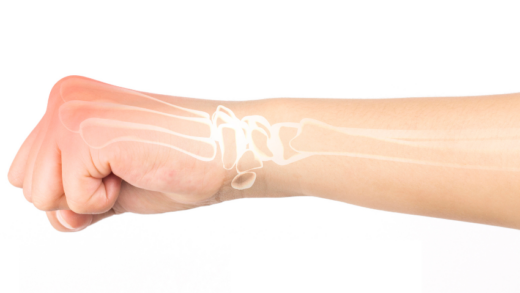Free radicals are a common term used to describe unstable molecules in the body. These molecules can cause damage to cells, leading to various health problems. While our body naturally produces free radicals, they can also come from external sources, such as pollution, radiation, and unhealthy lifestyle choices. In this article, we will discuss in detail what free radicals are, their sources, and the role of antioxidants in protecting the body from their harmful effects.
What are free radicals in the body?
Free radicals are unstable molecules that contain an unpaired electron in their outer shell. This makes them highly reactive and unstable, causing them to steal electrons from other molecules in the organism, which leads to cell damage. When there are too many free radicals in the body, it can cause oxidative stress, leading to chronic inflammation, cell damage, and other health problems.
Sources of free radicals:
Free radicals can come from both external and internal sources. Some of the external sources include air pollution, cigarette smoke, pesticides, and radiation. Meanwhile, internal sources of free radicals include the body’s natural metabolic processes, inflammation, and stress.
The role of antioxidants in fighting against free radicals:
Antioxidants are compounds that can neutralize free radicals by donating an electron to them without becoming unstable themselves. They help to protect the body from the damaging effects of free radicals, reducing the risk of chronic diseases. Some of the commonly known antioxidants include Vitamin C, Vitamin E, beta-carotene, and selenium. Consuming a diet rich in fruits, vegetables, nuts, and seeds can help to provide the body with an adequate amount of antioxidants.
Effects of free radicals on the body:
Free radicals can cause damage to DNA, proteins, and cell membranes, leading to a range of health problems. Here are some of the effects of free radicals on the organism:
- Accelerated aging: Free radicals can damage collagen, leading to wrinkles and other signs of aging.
- Increased risk of chronic diseases: Free radicals can damage cells, leading to chronic inflammation, which can increase the risk of chronic diseases such as cancer, heart disease, and Alzheimer’s disease.
- Weakened immune system: Free radicals can damage immune cells, leading to a weakened immune system, making the body more susceptible to infections.
FAQs:
- Can free radicals be beneficial to the body?
Yes, free radicals play a crucial role in the organism’s natural defense system. They help to destroy harmful bacteria and viruses and initiate cellular repair processes. However, when their production exceeds the body’s ability to neutralize them, they can cause damage. - How can I reduce the number of free radicals in my organism?
Reducing exposure to external sources of free radicals such as pollution, cigarette smoke, and radiation, can help to reduce the number of free radicals in the organism. Consuming a diet rich in antioxidants can also help to neutralize free radicals and reduce oxidative stress. - Can stress cause an increase in free radicals in the body?
Yes, stress can increase the production of free radicals in the organism, leading to oxidative stress. Managing stress through relaxation techniques such as meditation and yoga can help to reduce the production of free radicals. - Can supplements help to reduce the number of free radicals in the organism?
While supplements can provide the body with an additional source of antioxidants, it is important to get most of the nutrients from a healthy diet. Consuming a diet rich in fruits, vegetables, nuts, and seeds can help to provide the organism with the required antioxidants. - Can free radicals cause skin damage?
Yes, free radicals can damage collagen and elastin fibers in the skin, leading to premature aging, wrinkles, and other skin problems. It is important to protect your skin from external sources of free radicals such as UV radiation and pollution, and to consume a diet rich in antioxidants to protect the skin from the inside.

Conclusion
Free radicals are unstable molecules that can cause damage to cells and lead to various health problems. While our body naturally produces free radicals, external sources such as pollution, radiation, and unhealthy lifestyle choices can also contribute to their production. Antioxidants play a crucial role in neutralizing radicals and protecting the body from their harmful effects. Consuming a diet rich in antioxidants and reducing exposure to external sources of free radicals can help to reduce the risk of chronic diseases and protect overall health.























